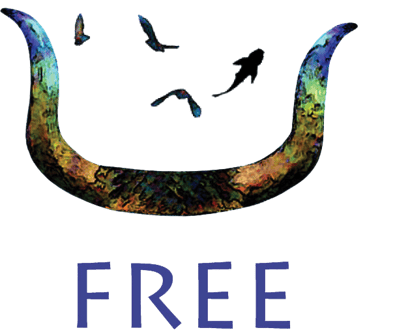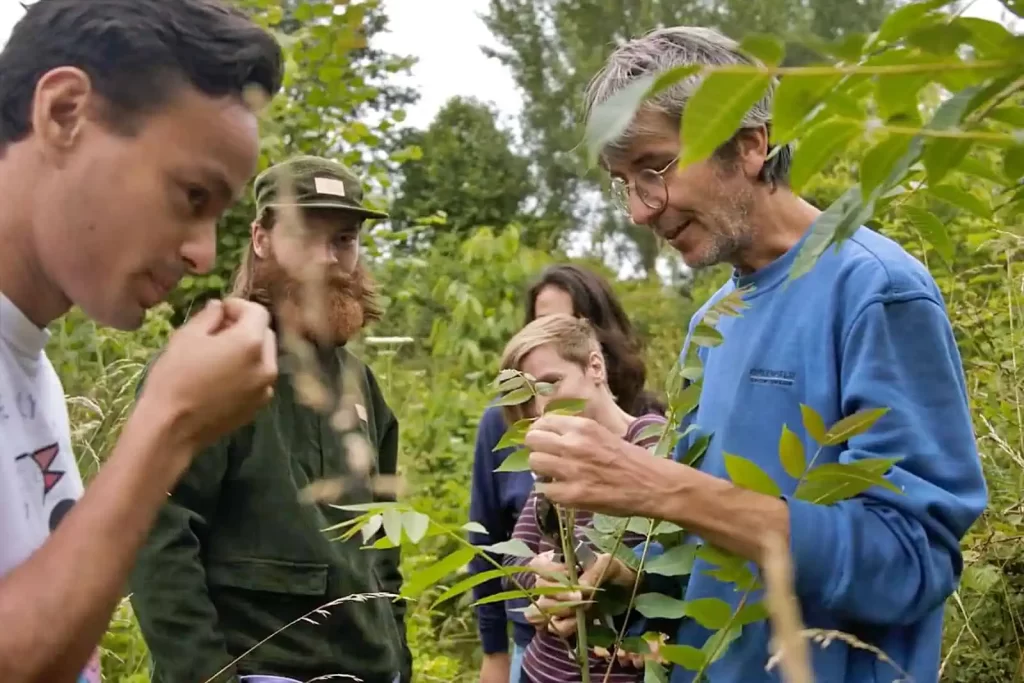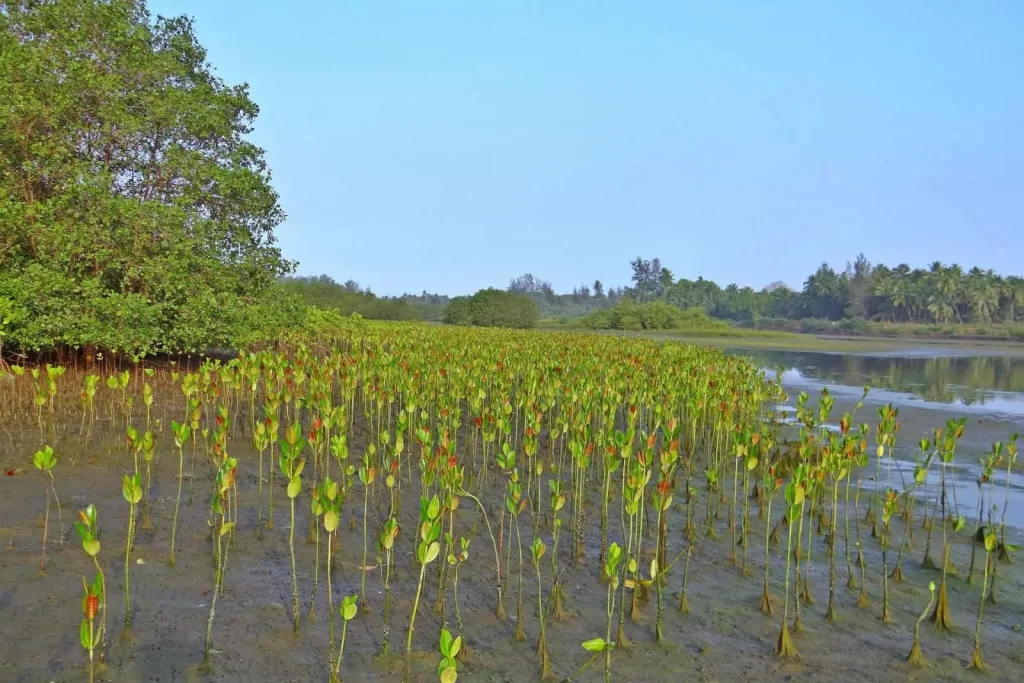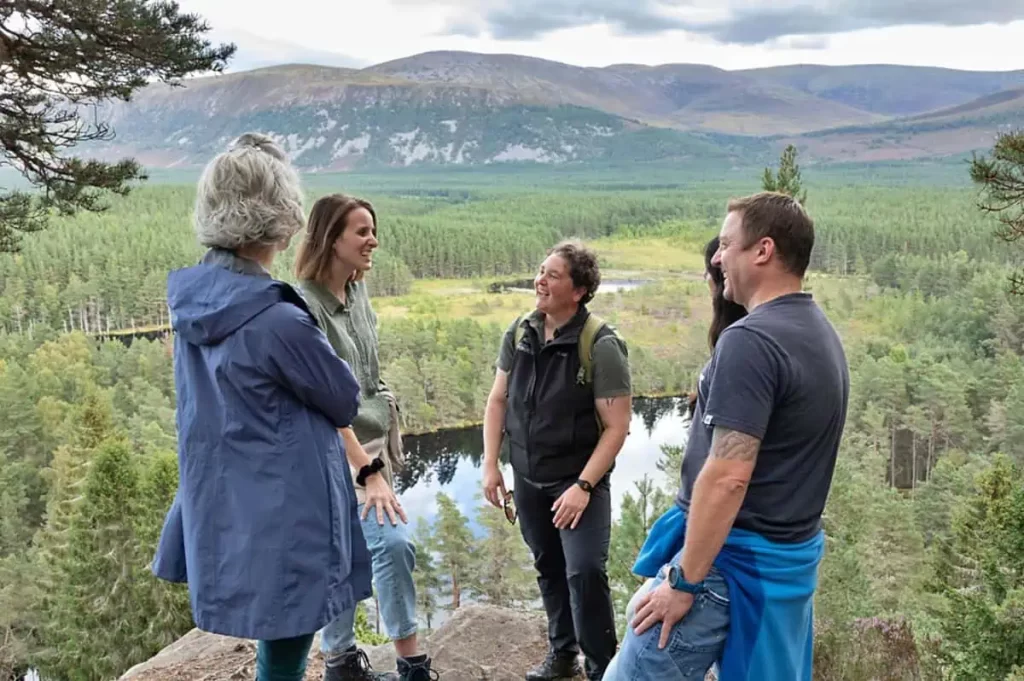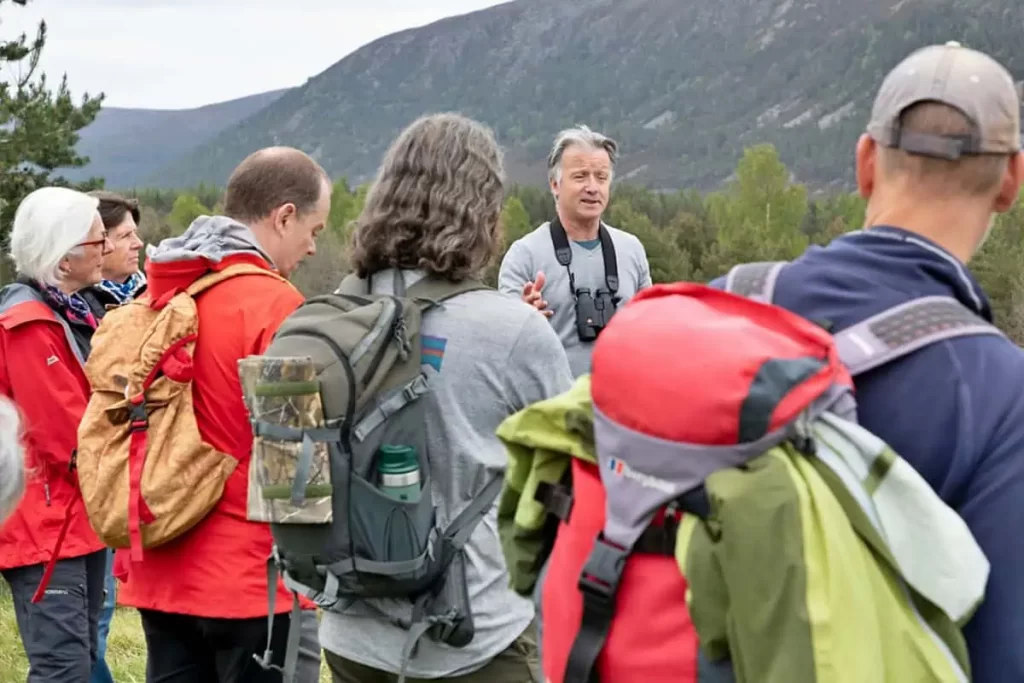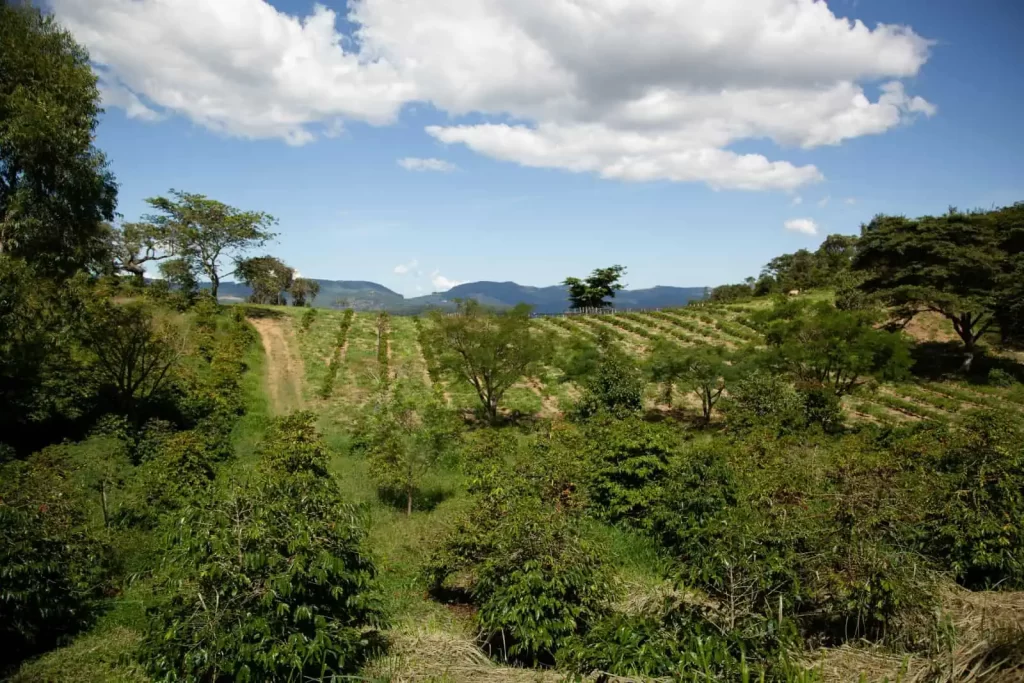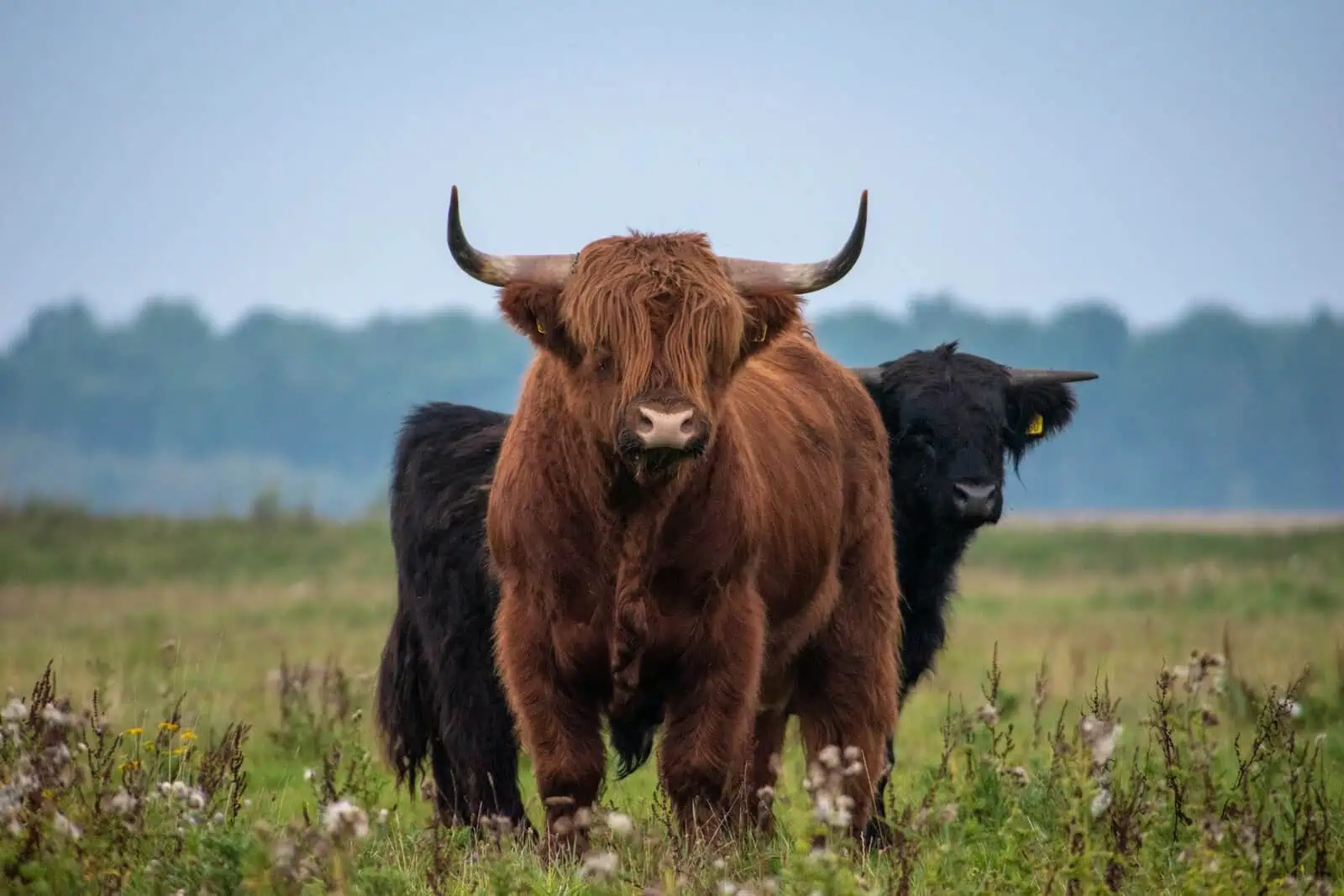
Natural Grazing Management in Practice
About this course
Learn from 35+ Years of Experience
Natural grazing is a versatile and increasingly adopted form of nature management across Europe—spanning traditional conservation, restoration, and rewilding. Large herbivores such as wild horses, European bison, and feral water buffalo play a vital role in enhancing biodiversity and delivering ecosystem services: from reducing wildfire risks and controlling invasive species to contributing to water safety and creating insect-rich habitats.
These grazers shape dynamic landscapes, full of natural variety and locally reset successional phases, supporting Natura 2000 goals and enriching the experience for nature enthusiasts.
Benefit from over 35 years of expertise in natural grazing. To share this knowledge, this practical English-language course is tailored for international fieldworkers and nature managers working with large grazers.
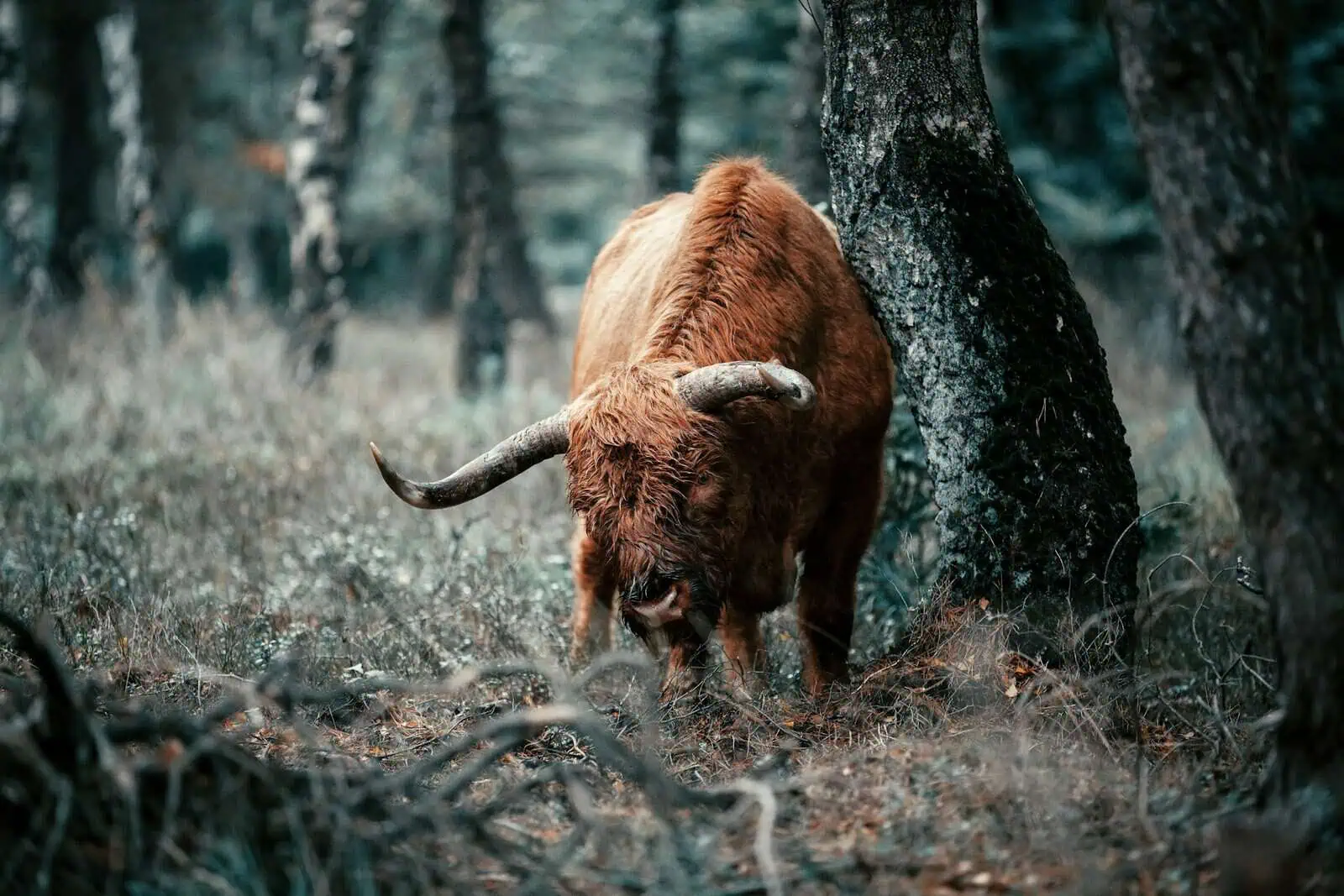
The course explores all aspects of natural grazing, addressing questions like:
- What is the ecological role of grazers?
- What outcomes can and can’t be expected?
- Which animal species—or combinations—work best in different areas?
- What regulations apply?
- What defines a natural, social herd?
- How to address concerns like thistles, ragwort, or interactions with dogs?
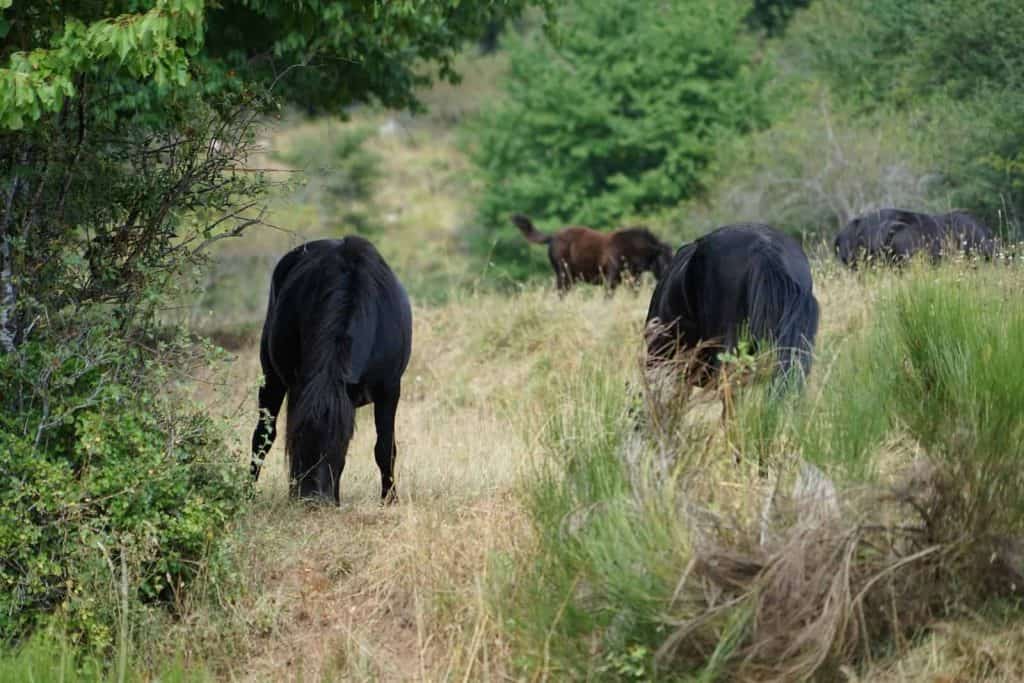
Participants will gain practical insight into managing large herbivores and the ecological impact of grazing. The program includes theory sessions in Beuningen and guided field excursions to locations such as Maashorst, Noordwaard, and Millingerwaard. There’s also space to discuss participants’ own cases and questions.
Join this course to deepen your understanding and apply natural grazing in your own work.
- Ecological Restoration
- |
- Regenerative Agriculture
- Blended
- |
- Field-based
Course Providers
